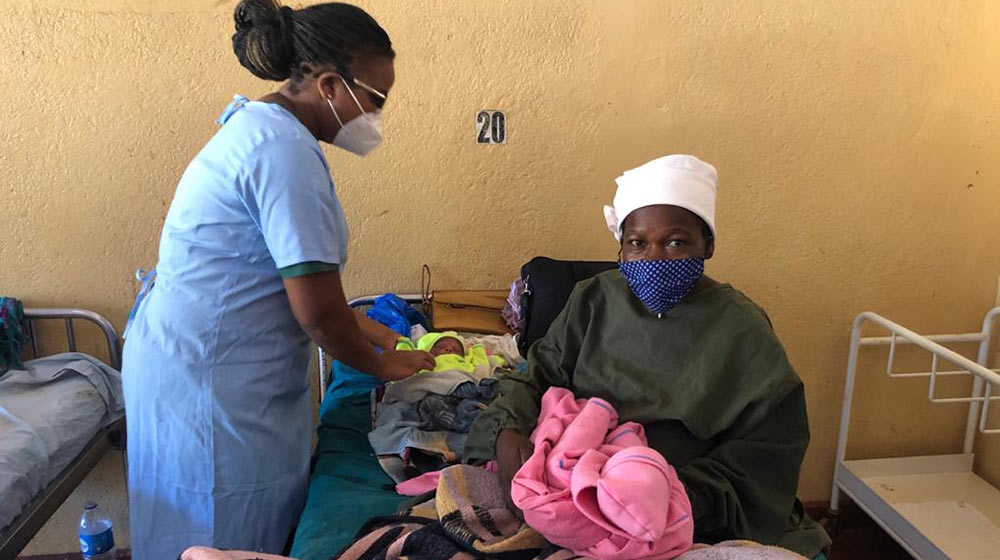New Delhi: The eligibility of non-medical MSc and PhD holders to teach in medical colleges has been clarified by the Union Minister of State for Health, Anupriya Patel, during a recent session in the Rajya Sabha. The clarification comes amidst ongoing scrutiny and debate surrounding the National Medical Commission’s (NMC) guidelines.
Responding to queries from Member of Parliament Renuka Chowdhury, Minister Patel stated that individuals with MSc and PhD degrees in relevant medical subjects are eligible to serve as faculty in the Departments of Anatomy, Physiology, and Biochemistry, as per the Teachers Eligibility Qualifications (TEQ) Regulations, 2022. However, these qualifications must be obtained from a recognized medical college or institute through a regular, on-campus program.
Chowdhury’s questions centered on the rationale behind the NMC’s decision to allow non-medical graduates to teach in medical colleges, as well as the duration of the “transitional period” during which such appointments would be permitted. The matter relates to the Draft TEQ 2024 Regulations, which explicitly allow non-medical faculty as senior residents and faculty members in the aforementioned departments, provided they possess relevant MSc and PhD qualifications.
The NMC has defined the “transitional period” as a temporary allowance granted when there is a shortage of qualified medical faculty. During this period, individuals with related qualifications and relevant experience can be appointed until sufficient medically qualified faculty are available. The duration of this period will be determined by the NMC based on recommendations from the Post Graduate Medical Education Board (PGMEB), as reported by Medical Dialogues.
The policy has elicited mixed reactions from the medical community. While some acknowledge the long-standing role of MSc and PhD holders in teaching non-clinical subjects and their specialized research expertise, others express concern that the inclusion of non-medical faculty could compromise the quality of medical education. The uncertainty surrounding the duration of the transitional period has further fueled the debate.
In an effort to address the broader issue of faculty shortages in medical colleges without compromising educational standards, the government has undertaken several measures, including:
- Establishing 131 new medical colleges under a Centrally Sponsored Scheme.
- Strengthening and upgrading existing state and Central government medical colleges.
- Constructing super-specialty blocks under the Pradhan Mantri Swasthya Suraksha Yojana (PMSSY).
- Approving 22 new All India Institute Of Medical Sciences (AIIMS) institutions.
- Recognizing Diplomate of National Board (DNB) qualifications for faculty appointments.
- Extending the maximum age limit for appointment, extension, or re-employment of teachers in medical colleges to 70 years.
Disclaimer: This news article is based on information available at the time of writing. Medical regulations and policies are subject to change, and readers are advised to consult official sources for the most up-to-date information. This article does not constitute medical or legal advice.(https://www.edexlive.com/news/2025/Apr/01/health-minister-clarifies-eligibility-of-medical-msc-phd-holders-to-teach-in-medical-colleges)












